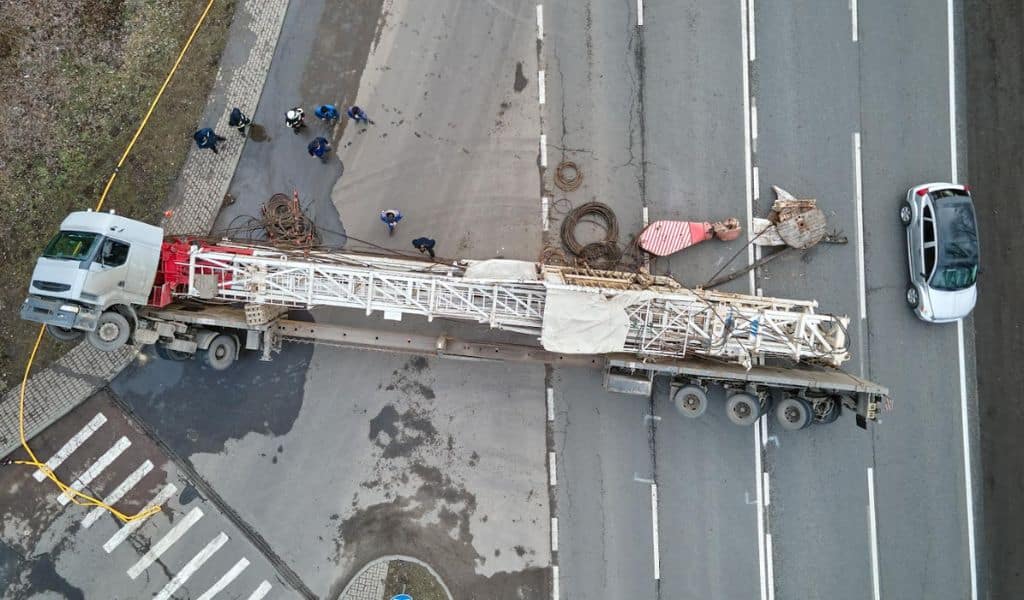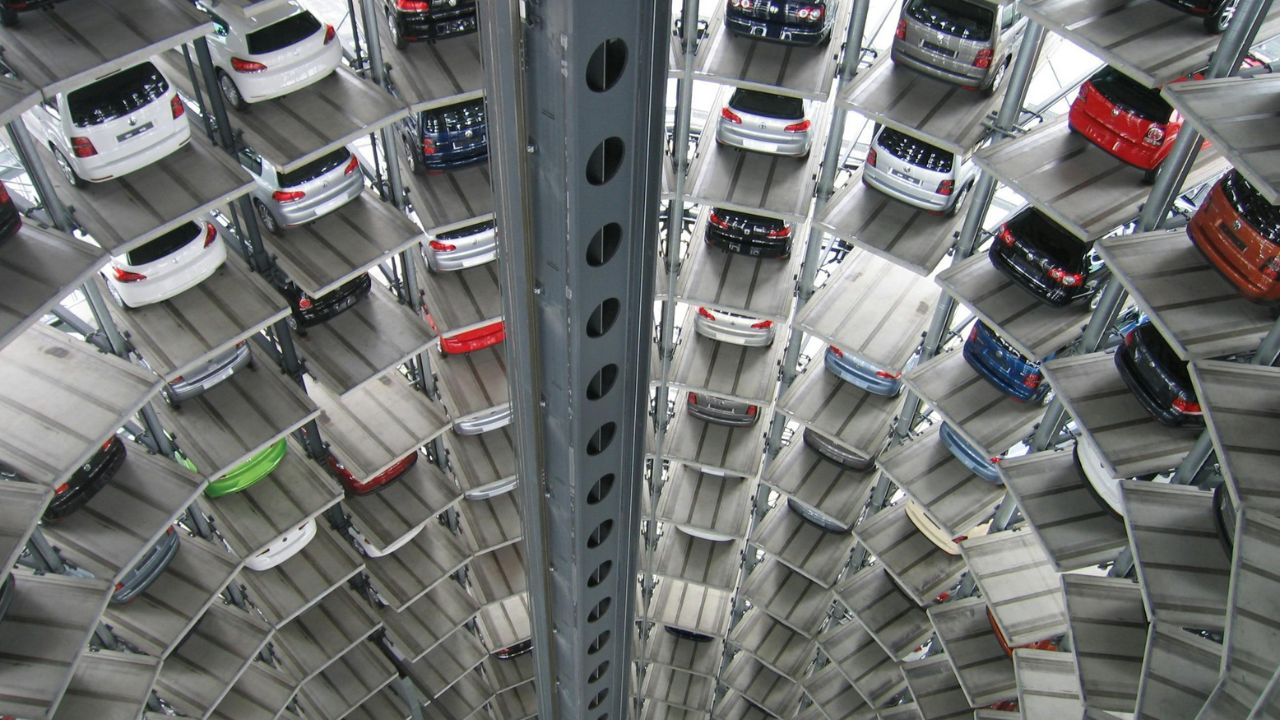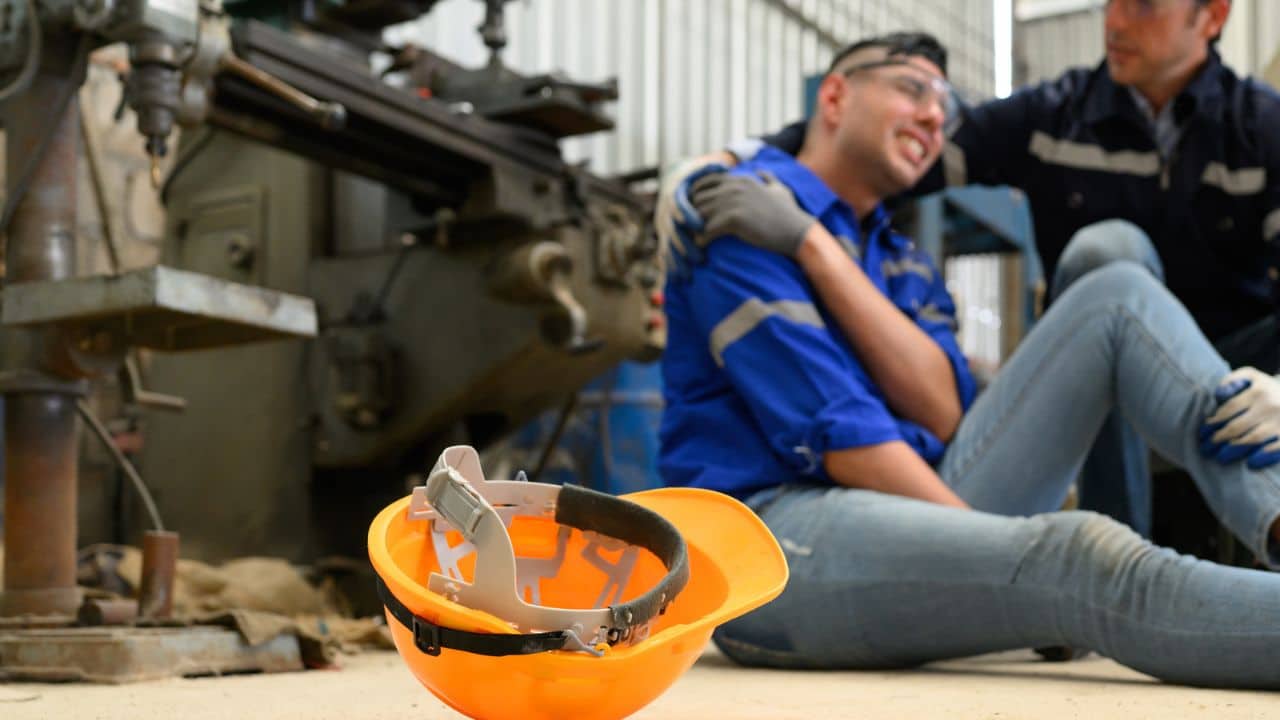As the lifeblood of the global economy, truck drivers play an indispensable role in transporting goods and maintaining our modern way of life.
This critical responsibility, however, brings potential liability when traffic accidents occur. Who is held liable when another person is injured in a truck accident? Does the fault lie solely with the truck driver, the company they work for, or even the injured party themselves? This blog post delves into these complex questions, exploring the legal and practical implications surrounding liability in truck accidents.
Understanding Truck Driver Responsibilities
Truck drivers are tasked with more than just delivering goods from point A to point B. They must operate their vehicles under strict traffic laws, safety regulations, and company protocols, aimed at minimizing risks on the road. With challenges such as long working hours and fatigue often complicating these tasks, the risk of accidents can increase. It’s clear that truck driving isn’t just about steering the wheel; it’s about diligence, alertness, and unwavering commitment to safety.
Determining Liability in Truck Accidents
Understanding who is liable in a truck accident can be complex. Liability hinges on the concept of negligence—did the driver act carelessly, resulting in an accident? This determination often involves thorough investigations, evidence gathering, and the expertise of law enforcement, insurance companies, and legal professionals. Liability isn’t automatically assigned to the truck driver; it’s a carefully adjudicated process, taking into account the actions of all involved parties. This is why it’s essential to get help from a good truck accident attorney.
Factors Affecting Truck Driver Liability
When a traffic accident occurs, various factors come into play to determine the liability of the truck driver involved. These factors include but are not limited to driver negligence, such as inattention or reckless driving, intoxication from alcohol or drugs, and direct violation of traffic laws, like speeding or running a red light. Another crucial factor is the concept of ‘vicarious liability,’ where the trucking company itself might be held accountable if it can be demonstrated they were negligent in hiring, training, or supervising the driver. Was the driver properly qualified for the job? Were they adequately trained to handle the truck they were driving? These are important considerations in determining liability.
The consequences for truck drivers found liable can be severe. Depending on the seriousness of the accident, they can face fines, significant increases in their insurance premiums, loss of their commercial driver’s license, or even job loss. In extreme cases where gross negligence is proven, they may also face criminal charges leading to imprisonment.
The Role of Insurance in Trucking Accidents
Insurance is an integral part of the equation in trucking accidents. Trucking companies and individual drivers usually have insurance coverage for different scenarios—personal injury to others, property damage, and loss or damage to the cargo they’re transporting. This coverage is vital as, in the event a driver is found liable, the insurance can compensate the injured party and cover damages, providing a financial safety net.
However, the process of making an insurance claim can be a complicated and often contentious affair. It involves in-depth assessments of the damage caused by the accident, determining who was at fault, and negotiating settlements. At times, it can even lead to legal battles if parties disagree on the claim’s validity or the settlement amount. The insurance’s role is not just about providing financial coverage, but also about determining the driver’s liability through a detailed investigation.
Defenses for Truck Drivers in Accident Cases
Common defenses in truck accident cases might include proving that the driver followed all traffic rules and safety protocols, or that the accident was unavoidable due to external factors, like sudden vehicle failure or extreme weather conditions. Legal representation can help truck drivers present their case, protect their rights, and dispute liability effectively.
Preventive Measures and Conclusion
Preventing truck accidents is everyone’s responsibility. Training programs, regular vehicle maintenance, adherence to safety protocols, and strict enforcement of working hour limits can mitigate the risk of accidents, consequently reducing liabilities. In conclusion, while truck drivers may be held liable in accidents resulting in injuries, various factors contribute to the final determination of liability. Hence, it’s crucial for all road users to prioritize safety and respect the shared space that our roads represent.













































